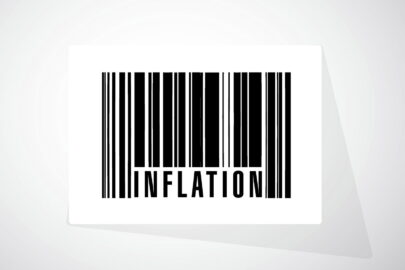The Consumer Prices Index (CPI) fell by 0.1% in the year to October 2015, the same fall as in the year to September 2015, the Office for National Statistics has reported.
Upward price pressures for clothing and footwear and a range of recreational goods were offset by downward price pressures for university tuition fees, food, alcohol and tobacco, resulting in no change to the overall rate of inflation.
Richard Falkenhäll, senior currency strategist at Nordic corporate bank SEB, believes the inflation figure will cause the Bank of England to delay an interest rate hike until August next year.
He said: “Previously, the low unemployment rate combined with stronger wage growth led market participants to expect the Bank of England to follow a Fed rate hike in December with one of its own early next year. However, recent signs that headline inflation will remain well below its 2% target for several more years, combined with indications that faster wage growth may be temporary despite a tighter labour market, have caused us to lower our expectation of a near-term hike by the Bank of England. Also, minutes from the November meeting and the new inflation report were both more negative on the inflation outlook and dovish in that sense.
“Currently, the new Bank of England forecast shows inflation is expected to remain below 1% until late 2016 and below 2% for most of 2017. Downward pressure on inflation is attributable to lower oil prices, sterling’s past appreciation and the recent weaker-than-expected inflation outturn. Moreover, the Bank of England believes that for its first two years risks to its CPI projection lie on the downside. These factors do not signal an imminent rate increase.
“Although we agree with the forecast for 2016, we still believe the BoE is too optimistic on the pick-up in inflation in 2017. Consequently, we now expect the first Bank of England rate hike in August rather than February or May next year.”
